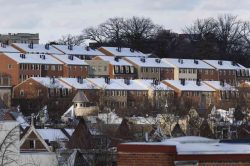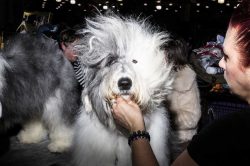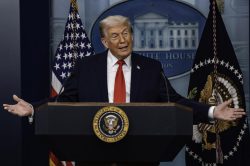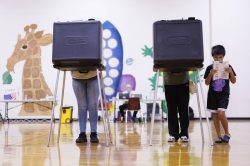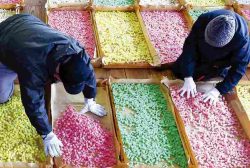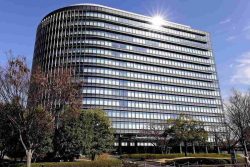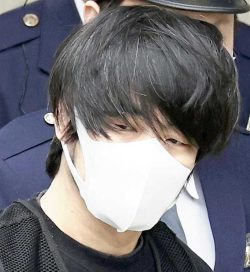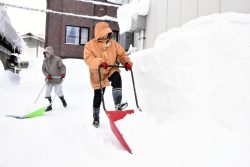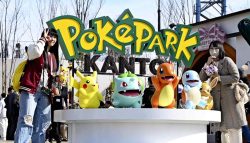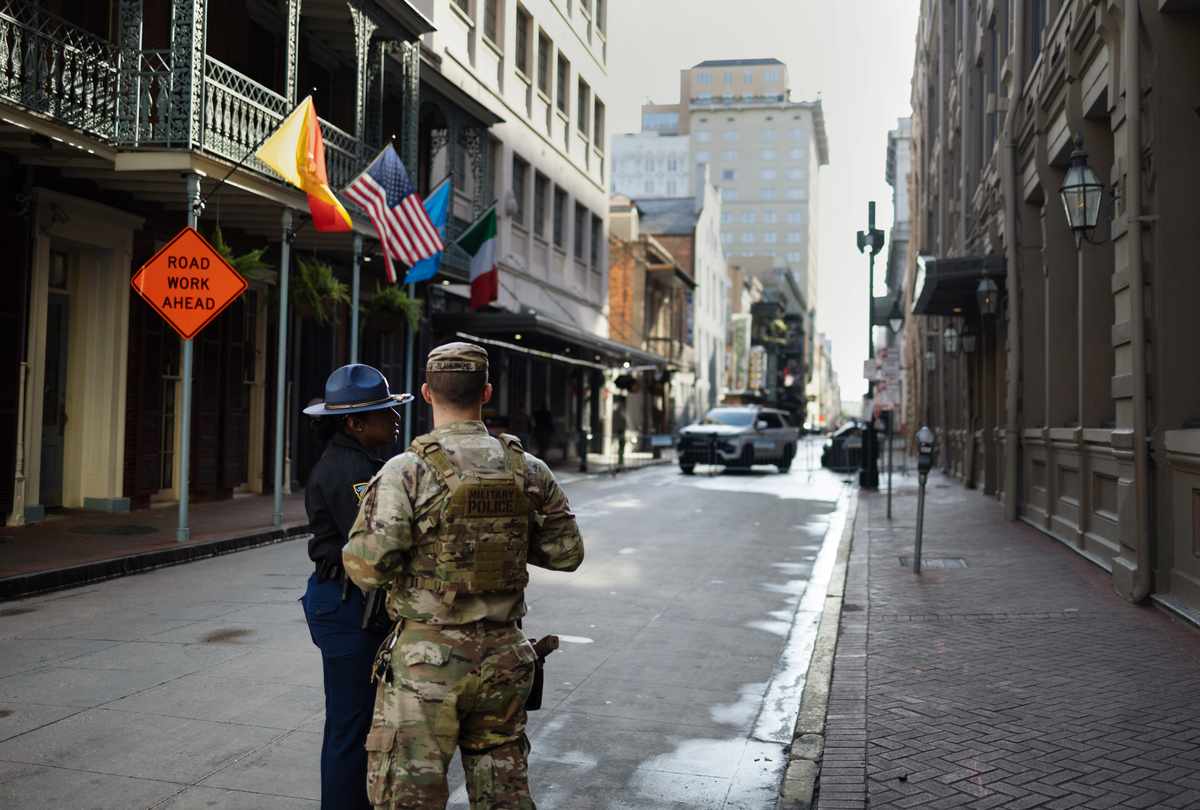
Some streets in New Orleans’s French Quarter remained off limits and guarded Thursday.
11:22 JST, January 3, 2025
NEW ORLEANS – Since a terrorist attack killed at least 14 New Year’s Eve revelers on Bourbon Street and injured dozens more, officials in this city rebuilt on tourism sought to assure the world that it was safe to attend the Sugar Bowl.
The annual college football showdown – postponed a day because of the tragedy – was expected to draw as many as 74,000 fans to the Caesars Superdome on Thursday afternoon, and indeed, the stadium was filled with energy. There was no sign that, 36 hours earlier, leaders had clashed over the right time to resume athletic festivities.
“I am confident the city is secure,” said Louisiana Attorney General Liz Murrill, who had initially pushed for a lengthier delay. “It does reflect our commitment to not bowing to terrorism.”
New Orleans, famous for its Mardi Gras celebrations, is known for its welcoming allure – and resilience. Fresh off the deadly devastation, that reputation shined through, with crowds flocking back to the storied French Quarter and trombone notes wafting through the cobblestone streets. Locals and guests alike grappled with grief. Many, not all, said the heightened security on display made them feel safer.
And as the game kicked off at 3 p.m., the message was clear: The party must go on, especially with beloved Mardi Gras parades starting next week.
The FBI now says there is “no evidence” that Shamsud-Din Jabbar plotted his rampage with any accomplices. Police killed the 42-year-old Army veteran from Texas in a flurry of gunfire after he plowed a pickup truck through several crowded blocks three hours into 2025, turning holiday merriment into carnage.
Investigators later found an Islamic State flag in his rental vehicle, and FBI agents recovered multiple homemade bombs in coolers near the scene on Bourbon Street. Jabbar had been “inspired by” the Islamic State terrorist network, President Joe Biden said in a Wednesday address from Camp David.
At the time of the attack, the safety barriers that normally shielded Bourbon Street were being renovated as part of preparations for the Super Bowl in February – another tourist draw intended to nourish New Orleans’s visitor-heavy economy. Police cruisers stationed to bolster that vulnerability on Wednesday ultimately failed: Jabbar swerved around them onto the sidewalk.
The city supercharged security ahead of Thursday’s big match, with officers sealing off access points to the stadium, cranking up surveillance and deploying hundreds of additional boots on the ground, including members of the National Guard. Bourbon and adjacent blocks reopened with new metal barriers in the street and on sidewalks.
To some, carrying on was symbolic. The Superdome famously sheltered displaced residents during the horrific aftermath of Hurricane Katrina.
“This city knows pain,” New Orleans Police Superintendent Anne Kirkpatrick said. “But this city also knows recovery.”
As part of the investigation, law enforcement officials said the FBI is reviewing hundreds of hours of video recordings and sifting through more than 400 tips from the public.
“It is possible to both mourn and move forward,” noted Juliette Kayyem, a former assistant secretary at the Department of Homeland Security who now chairs the homeland security program at Harvard’s John F. Kennedy School of Government.
Dragged-out postponements and citywide shutdowns – which followed the 2013 Boston Marathon bombing and a 2023 mass killing in Lewiston, Maine – can create an impression that danger persists long after the threat has been tamed, according to Kayyem.
The psychic wound lingers.
“I do think we cannot let fear win and do it safely,” said Stephen Murphy, director of the disaster management program at Tulane University in New Orleans, who has been monitoring the city’s response. Rather than patrol cars blocking roads, he expected to see fire engines or loaded dump trucks serving as deterrents – “an eyesore … but a bigger safety measure.”
On Thursday morning, fans in town to watch the University of Georgia take on Notre Dame milled around the French Quarter with coffee cups and beignets as police obstructed access to Bourbon Street.
Some guests projected optimism.
“I honestly think this is the safest place in the country right now,” said Burt Wilson, 47, a Memphis resident who had come to root for the Fighting Irish. The night before, he had walked about 15 blocks from his hotel to a casino, counting 490 police vehicles lining Canal Street. “It was just solid blue lights all the way down.”
By afternoon, streets in the French Quarter were again crowded – though not packed. Imbibing had resumed. Partyers streamed by the crime scene, where a camouflage green National Guard truck was parked. Few stopped to stare.
“I want to reassure the public that the city of New Orleans is not only ready for game day today,” Mayor LaToya Cantrell said, “but we are ready to host large events because we are built to host.”
Charles Stone, 35, stood smoking behind his folding table set up on Canal Street. He makes a living in the nightlife corridor playing chess with tourists who fill his tip jar.
Bourbon Street should be closed to traffic, he had long thought. In his view, drivers barrel recklessly through what should be a pedestrian mall.
Once the narrow street reopens, he isn’t sure if he will again set up his board game there. “If I do decide to, it’s to make the people feel safe,” he said.
Samantha Petry, 38, who bartends at a karaoke bar on Bourbon and lives nearby, felt compelled to visit a makeshift memorial of 14 yellow roses laid on the street. “Paying respects,” she said tearfully. As she made her way past a second line band, friends embraced her. She is still worrying over those whom she hasn’t seen or been able to reach, especially since authorities have yet to release all victims’ names.
As for what’s next? Petry is a transplant from California, and relatives are now urging her to return. She admits to being conflicted.
“I could take a flight and go home, but I love this city,” she said. “I don’t feel safe, but I have to work.”
Around the Superdome, the security precautions looked standard for a marquee event. Metal detectors pinged. Signs warned attendees that their bags must be see-through. But tucked in alleys alongside downtown skyscrapers, police officers wearing tactical gear and sitting in armored vehicles were visible.
Kevin Mast, 36, and Rodney Herron, 48, traveled from northern Indiana to cheer on Notre Dame. No one was going to stop them from wearing matching green-and-white overalls with festive gold chains.
“We spent too much money to go home,” Mast quipped.
At Walk On’s Sports Bistreaux, a sports bar near the stadium, patrons crammed together, shouting out lyrics as the DJ played Bon Jovi’s “Livin’ on a Prayer.” A pair of brothers visiting from northern Indiana agreed that New Orleans seemed to be responding to the tragedy with defiance.
“You can feel it still, but the vibe has definitely picked up since yesterday,” said Chase Kendall, 28.
“It’s very high-spirited, and everyone is nice and making sure everyone is being taken care of,” chimed in Aiden Kendall, 25.
Across the street from that glee, New Orleans native Renata Tallo said she could tell that the city was a long way from business as usual.
“There is still a lot of people inside, and a lot of people scared,” said Tallo, who previously worked as a “shot girl” at a bar on Bourbon Street.
Sports fans, she figured, were filling the bars. “But you won’t see too many locals,” she predicted. “We are all on edge.”
In the stadium, fans settled into their seats. Everyone paused for a moment of silence for the attack’s victims before Notre Dame’s band began playing the school’s famous fight song and spelling out I-R-I-S-H on the field.
In response, fans of the Georgia Bulldogs barked, then barked louder, trying to drown out the music.
There was football to play, after all. Kickoff was minutes away.
Top Articles in News Services
-

Prudential Life Expected to Face Inspection over Fraud
-

South Korea Prosecutor Seeks Death Penalty for Ex-President Yoon over Martial Law (Update)
-

Trump Names Former Federal Reserve Governor Warsh as the Next Fed Chair, Replacing Powell
-

Suzuki Overtakes Nissan as Japan’s Third‑Largest Automaker in 2025
-

Japan’s Nikkei Stock Average Alls from Record as Tech Shares Retreat; Topix Rises (UPDATE 1)
JN ACCESS RANKING
-

Univ. in Japan, Tokyo-Based Startup to Develop Satellite for Disaster Prevention Measures, Bears
-

JAL, ANA Cancel Flights During 3-day Holiday Weekend due to Blizzard
-

Japan Institute to Use Domestic Commercial Optical Lattice Clock to Set Japan Standard Time
-

China Eyes Rare Earth Foothold in Malaysia to Maintain Dominance, Counter Japan, U.S.
-

Japan, Qatar Ministers Agree on Need for Stable Energy Supplies; Motegi, Qatari Prime Minister Al-Thani Affirm Commitment to Cooperation


